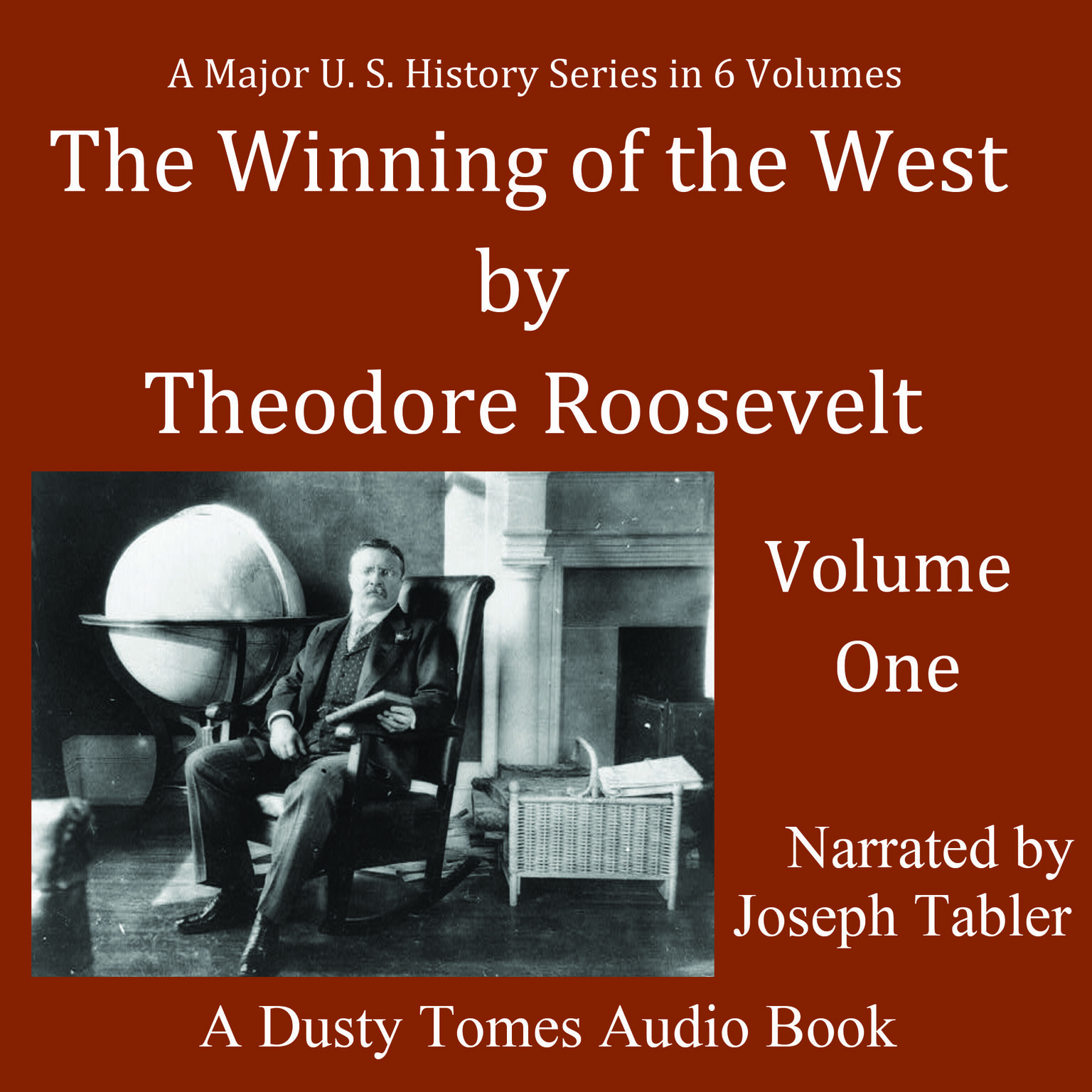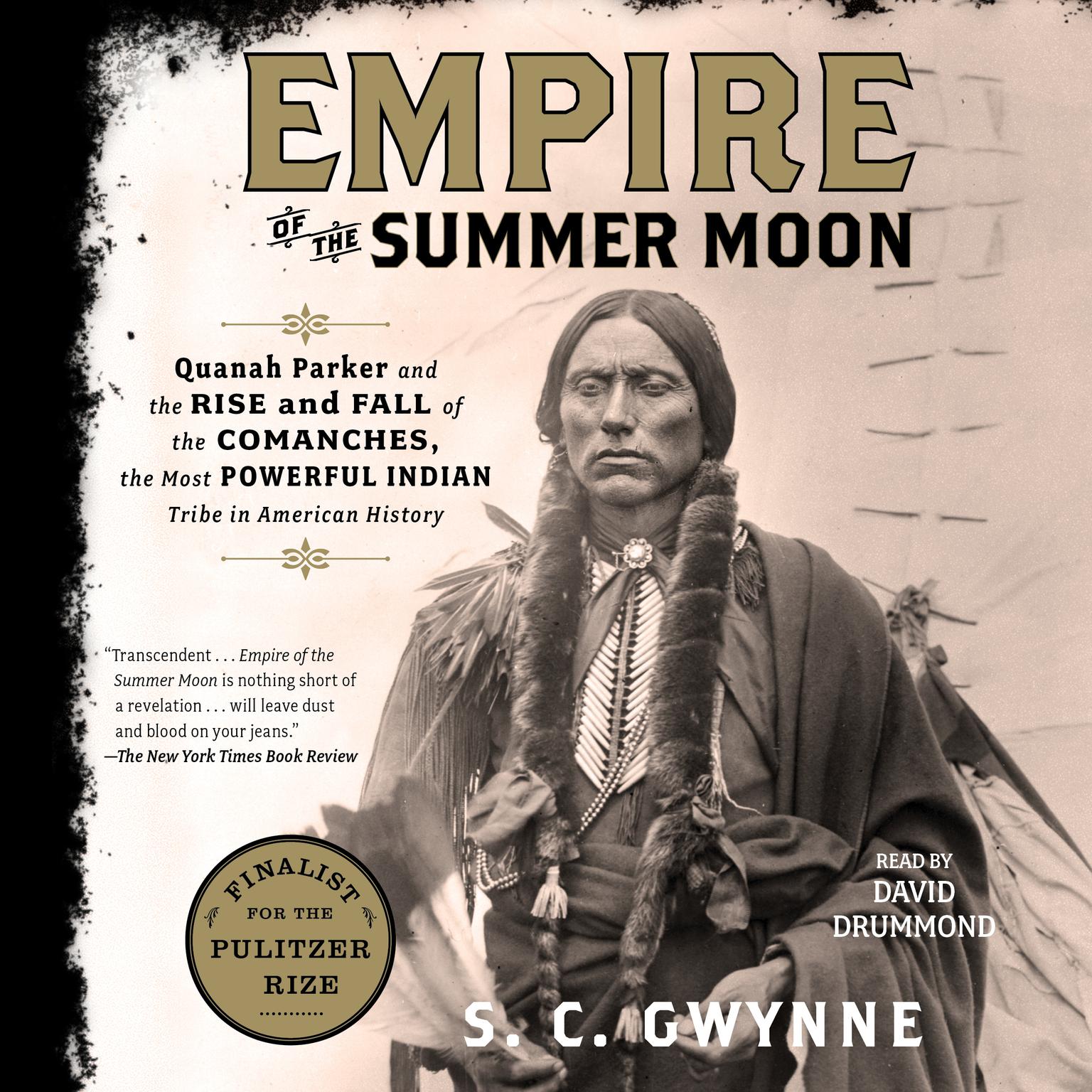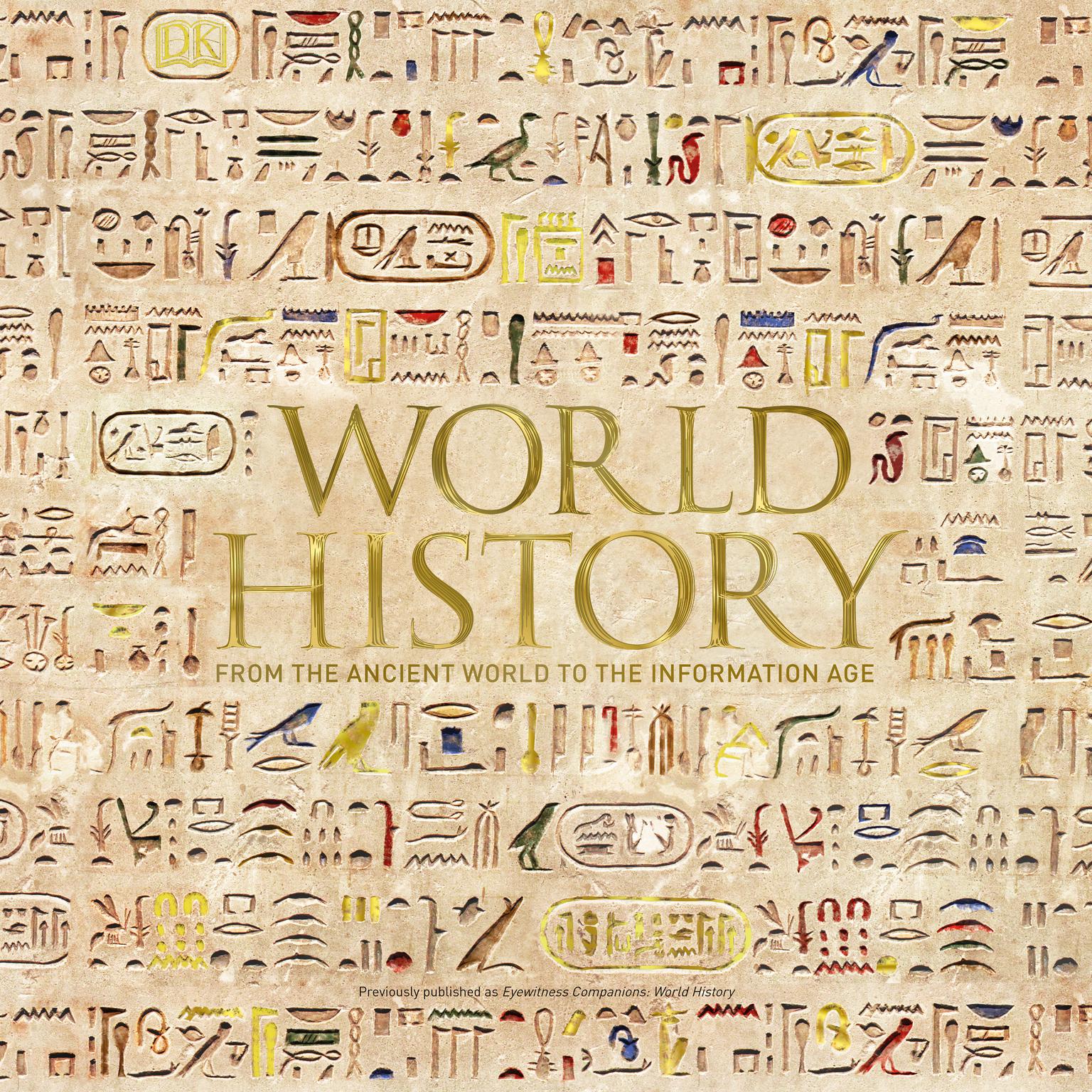Publisher Description
A Dusty Tomes Audio Book
In Cooperation with Spoken Realms
The Winning of the West by Theodore Roosevelt. A Major US History Series in six volumes. G.P. Putnam’s Sons, 1889.
Volume One—From the Alleghanies to the Mississippi, 1769–1776
Narrated by Joseph Tabler
Note—This book is “read as written.” It was published in 1889. It is in the public domain.
We all know of Theodore Roosevelt being the US president from 1901 to 1909, an American politician, statesman, soldier, conservationist, and naturalist. But few know of him being an acclaimed historian. Roosevelt’s The Winning of the West quickly became a bestseller. The first edition of his book sold out in little more than a month and helped establish Roosevelt as a literary man and scholar, placing him on a path toward future greatness.
CONTENTS OF THE FIRST VOLUME:
Preface
CHAPTER I. THE SPREAD OF THE ENGLISH SPEAKING PEOPLES.
CHAPTER II. THE FRENCH OF THE OHIO VALLEY, 1763–1775.
CHAPTER III. THE APPALACHIAN CONFEDERACIES, 1765–1775.
CHAPTER IV. THE ALGONQUINS OF THE NORTHWEST, 1769–1774.
CHAPTER V. THE BACKWOODSMEN OF THE ALLEGHANIES, 1769–1774.
CHAPTER VI. BOON AND THE LONG HUNTERS; AND THEIR HUNTING IN NO-MAN’S-LAND, 1769–1774.
CHAPTER VII. SEVIER, ROBERTSON, AND THE WATAUGA COMMONWEALTH, 1769–1774.
CHAPTER VIII. LORD DUNMORE’S WAR, 1774.
CHAPTER IX. THE BATTLE OF THE GREAT KANAWHA; AND LOGAN’S SPEECH, 1774.
CHAPTER X. BOON AND THE SETTLEMENT OF KENTUCKY, 1775.
CHAPTER XI. IN THE CURRENT OF THE REVOLUTION—THE SOUTHERN BACKWOODSMEN OVERWHELM THE CHEROKEES, 1776.
CHAPTER XII. GROWTH AND CIVIL ORGANIZATION OF KENTUCKY, 1776.
Dusty Tomes Audio Books are public domain books retrieved from the ravages of time. Available as never before, as audio books, for your edification, pleasure, and consideration.
Download and start listening now!
“The different idea that McMaster was laboriously illustrating was vehemently given in 1889 by the irruption into historiography of Theodore Roosevelt, aged thirty-one, with his Winning of the West. The formal opening of this field was a capital fact of American historiography. It signified the beginning of a serious evaluation of a great drama in human progress—a drama that had unfolded almost without intelligent notice through a century. The history of pioneering from the Appalachians to the Pacific, and its part in the building up of the nation.”
—
American Historical Association











